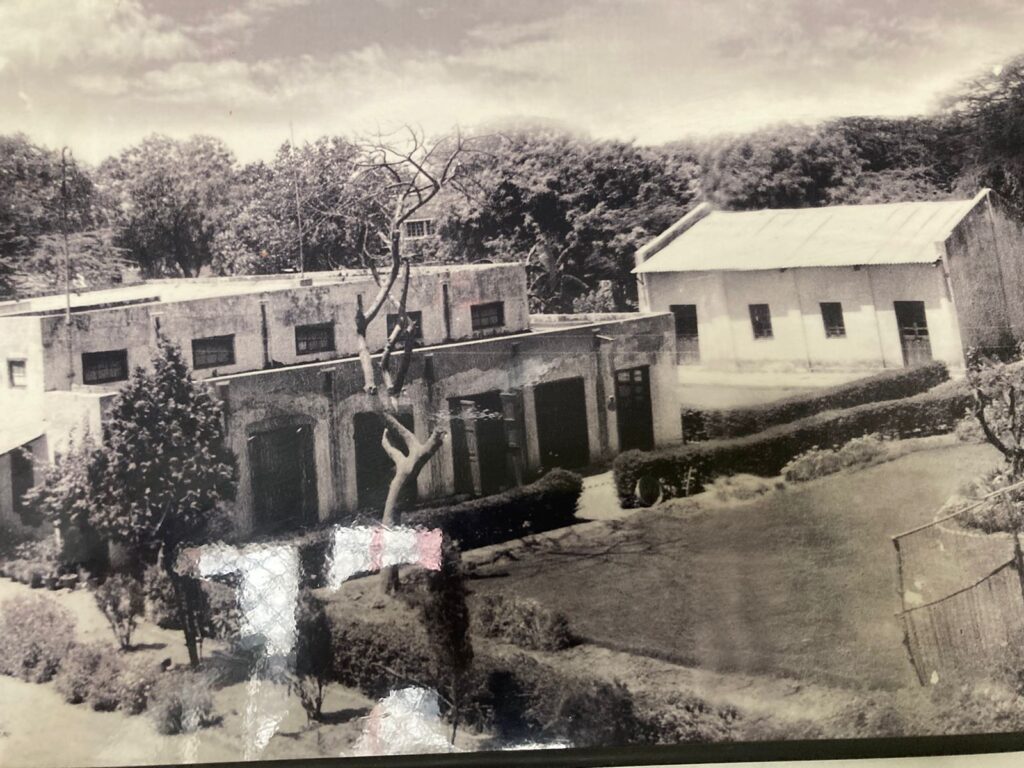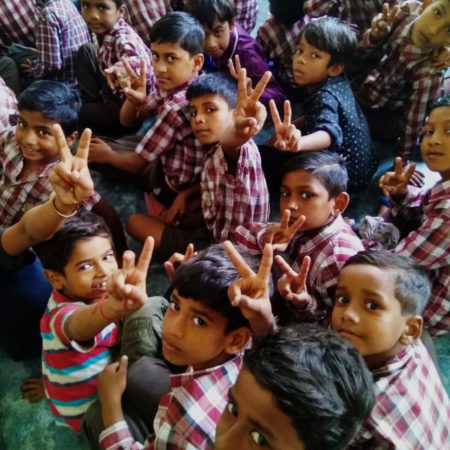About the Department
The DSSW traces its origin to the establishment of the Y.W.C.A School of Social Work in 1946 at Lucknow. It was then known as the National YWCA School of Social Work. The school which started under the directorship of Ms. Nora Ventura (Secretary of Religious Education Committee of the YWCA) initially had only two students enroled in it. In the following year it was decided to move the school to Delhi at 3, University Road in the Air force Barracks with the efforts of Ms. Elmina Lucke (Director at DSSW) and the then Vice Chancellor of the University of Delhi, Sir Maurice Gwyer.
The school was shifted to Delhi in 1947 and on its affiliation to the University of Delhi, in 1948; it came to be known as Delhi School of Social Work. In the initial period the school was governed by a Board, the members of which came from all parts of India. After becoming part of the University of Delhi, in April 1961, the Department started functioning as a Post-Graduate Institution, affiliated to the University. It started its Doctoral programme (leading to PhD. degree) in Social Work in 1965 and in 1976 it introduced a Pre-Doctoral programme (leading to M.Phil. degree). In May 1979, it was affiliated to the Faculty of Social Sciences, University of Delhi. In consonance with the other graduate departments of the University of Delhi and the name has changed to Department of Social Work. It remains the first school of social work in India to be affiliated to a University and also the first to award the Master’s Degree in Social Work. The course curriculum has been modified periodically in keeping the needs of the contemporary society.
A rare gift
The Department is what it is due to the hard work done by our faculty members. Their zest to develop a strong value system among students is praiseworthy. There are several anecdotes that inspire us. One of these relates to the effort put in by the faculty and students to present a gift to our Father of the Nation – Mahatma Gandhi.
“On the birthday of Gandhiji our students wanted to buy a gift for him. Elmina (faculty member) suggested to them to write three convictions individually by each one of them. She said I shall summarize or reduce it and present it to Gandhiji on their behalf. That year we had 19 women students. They all wrote separately. It was finalised by Elmina in late night of 1.10.1947 and they gifted to him the convictions framed by these students. Thus, you can say our pledge was framed by all the students at that time and it reflects their convictions towards our profession. He was highly appreciative and invited them later for interaction in his sunset prayer time”. As recounted by Prof Sushma Batra
The Pledge which is relevant today also.
I shall serve to the best of my ability the depressed, the handicapped and the needy.
I shall show no difference to the creed or colour or position of people in any personal or professional relationship.
I shall serve the people I can, in all the ways I can, as often as I can.
I shall serve all equally and I shall try to develop such judgement and affection and patience that my service will heal ill-feelings and distress.
I pledge myself to compassion and words of kindness and friendly sympathy that will enter into the joys and sorrows of all who are needy or affected or erring.
I shall never lose my faith in the value of every human being and the capacity of man to change his ways of life and thinking.
I shall have respect for all with whom I work.
I shall keep secret the information entrusted to me by the clients.
I shall not repeat or be influenced by gossip.
I shall endeavour to be always objective and honest and straight forward.
I shall struggle not to permit myself to become discouraged no matter how slow or how difficult the process and the progress.
I pledge myself to continue to study during my whole professional life the needs of human society and the best ways the world is learning of meeting them.
I shall share the problems and struggles of other social workers and I shall help their families as my own.
I shall bear my full share of responsibility for the organization and cooperation of welfare agencies wherever they are needed for betterment of living from childhood to old age.
I pledge myself to work for loyalty within my professional group. I will work also for extension of such loyalty to all men and women who have the responsibility of serving my country and my people.
This pledge has been revised to make it brief and contemporary. All students graduating from the Institution take this pledge.
Course
The Department offers the post graduate course in 4 semesters spread over two years. 16 core subjects are offered including Social Work Education and Profession; Social Work with Individuals, Social Justice and Human Rights, Social Policy and Planning, Social Actions and Movements among others. The students are also offered 4 electives to choose from. Unlike earlier times when students went for their Block Field Work at the end of the second year, they now are required to pursue it in the third semester. In addition, the Department currently follows the Choice Based Credit System (CBCS) which provides an opportunity for the students to choose courses from the prescribed courses comprising core, elective/minor or skill-based courses. These courses have been selected following a rigorous process.
In keeping with the requirements of online teaching especially during the pandemic, the Department has upgraded the IT infrastructure of the classes. SMART equipment has been added to address the physical distancing measures. An AV room has been set up with the audio and acoustics upgraded through installation of advanced audio technology.
Platinum Jubilee of the Department
The glorious 75 years of its affiliation to the University of Delhi were celebrated by the Department. A series of webinars/seminars were organized from January 2021 to June 2021, on a wide range of theme covering Disability Rights, Empowerment of the marginalized, Women’s issues, Health and Livelihood. The speakers were from diverse fields, representing academia, activists, and field practitioners. Speakers are invited from other foreign Universities on a periodic basis to provide global exposure to students.
The Department is one of the partners in the project RISHII (Resources for
Internationalization of Higher Education Institutions in India), which is co-funded by the
Erasmus+ Programme of the European Union. RISHII focuses on management approaches
that are necessary to plan and implement curriculum internationalization. The project relates
to ‘Internationalisation of Curriculum’ and focuses on the philosophy behind
internationalization that can yield benefits to all students, regardless of their financial means
and social capital.
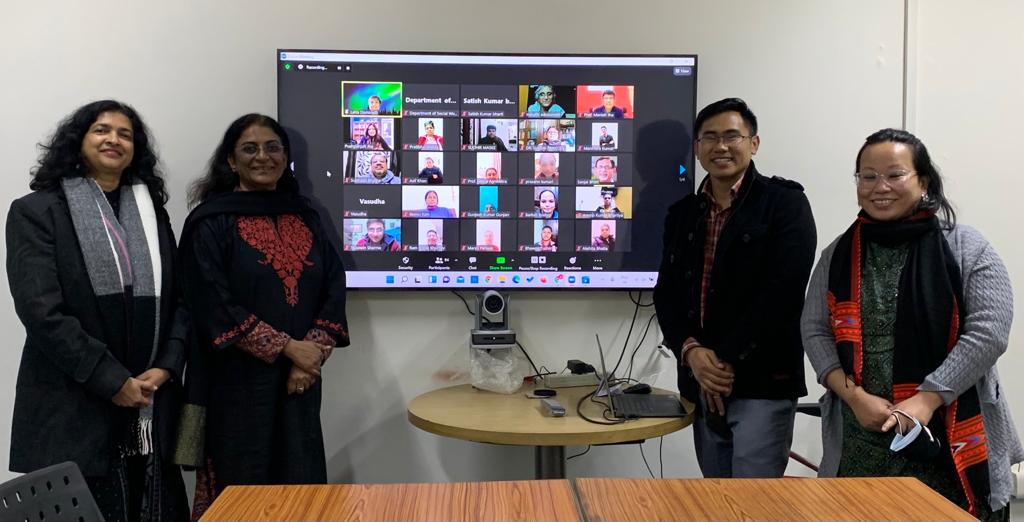
Donations
The Alumni of Class of 1994 on the silver jubilee of the batch in 2019 came together from across the globe and different parts of India to create a fund of Rs.3,00,000/- for air conditioning of auditorium at DSSW – as a tribute to their alma mater.
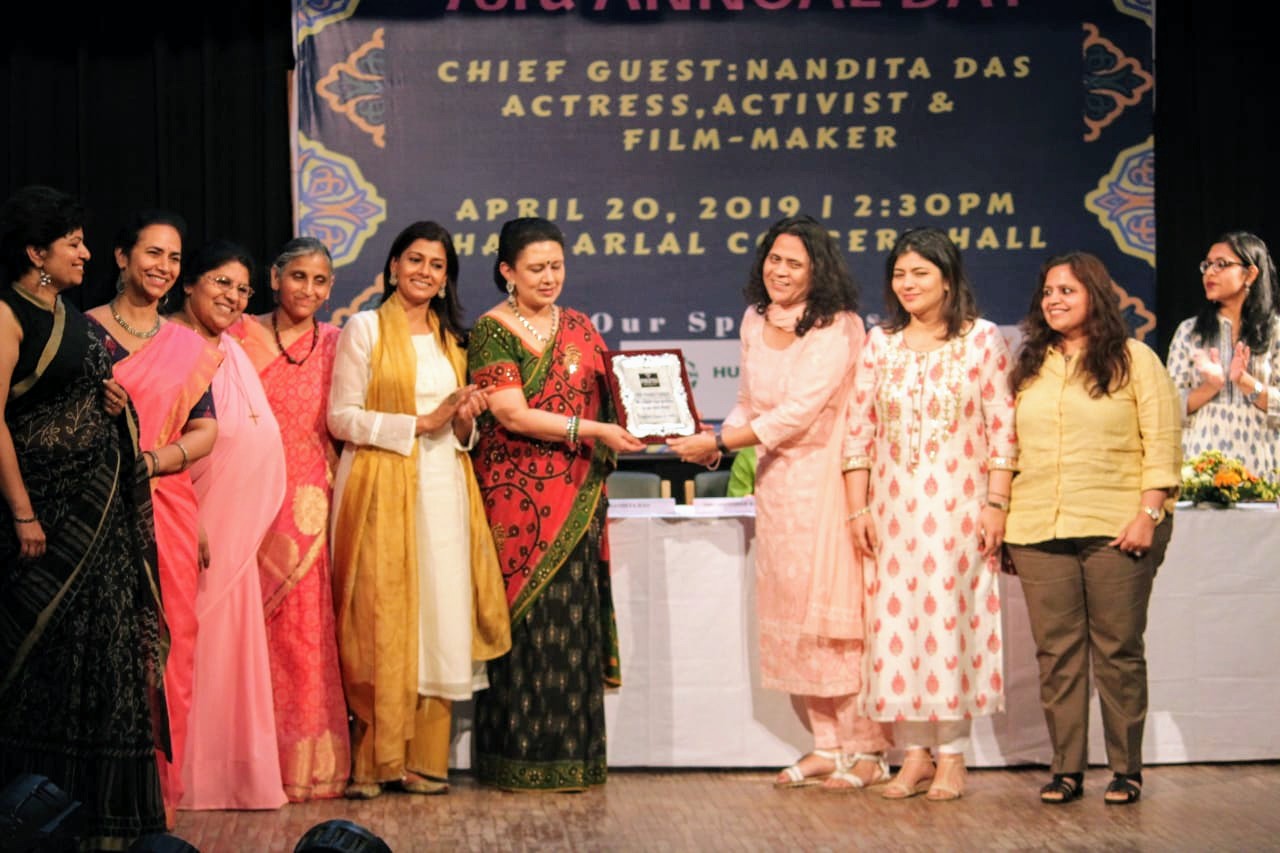
Eminent Alumni
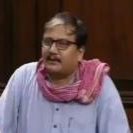
Prof. Manoj Jha
Prof Manoj Jha completed his Masters from Department of Social Work from Delhi University in 1992 and a PhD in 2000. He has been a Professor at The Department of Social Work, University of Delhi. He is an Indian politician who is a member of Rajya Sabha in Indian Parliament and also the spokesperson of the Rashtriya Janata Dal.
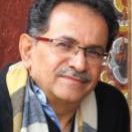
Feisal Alkazi
Feisal Alkazi is an educationist, theatre director and activist. After his Masters in Social Work, he headed Ankur, a society for alternatives in education and taught at the Jamia Mass Communication Research Centre. His group, Ruchika, has directed over 200 plays in Hindi, English, and Urdu. He has written over 20 books, including Rang Biranga Rangmanch

